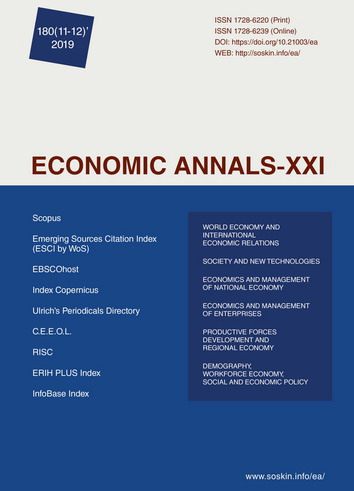Public-private partnership in the UK and Russia: а comparative analysis
Public-private partnership in the UK and Russia: а comparative analysis
Author(s): Boris PodgornySubject(s): Business Economy / Management
Published by: Institute of Society Transformation
Keywords: Public-Private Partnership; PPP; Concession; Infrastructure; Private Financial Initiative; The United Kingdom; UK; Russia;
Summary/Abstract: Public-private partnership (PPP) allows attracting private investment to solve socially important problems of a country. In Europe, the cost of projects with the joint participation of the government and business is estimated at the level of EUR 72 billion over the last 5 years. The United Kingdom is an undisputed leader in the implementation of PPP projects. Having passed through the «free» market stage in the 1990s, Russia is gradually returning to a model in which the government, using various mechanisms and tools, takes an active part in the development of public infrastructure and economy.The article shows the results of a comparative analysis of PPP in the UK and Russia, which will take into account the experience of the UK and may facilitate avoiding undesirable mistakes and their consequences when using PPP in Russia.The main reason for curtailing public-private partnership programs in the UK has been identified: the nature of any business is such that its main goal is making profit, therefore, projects implemented in the UK through PPP mechanism have not always been financially beneficial for the state, but only for the private investors.In Russia, the threat of misleading project evaluation with implied losses for the state is supplemented by the imperfection of the legislation regulation, first of all, regarding the concession activity, which undermines the very idea of attracting investments through the development of the public-private partnerships. It is shown that the Russian population is interested in individual participation in PPP projects. This can contribute to solving some of the identified problems, as well as positively impact the social mood of the population.
Journal: Економічний часопис - ХХІ
- Issue Year: 180/2019
- Issue No: 11-12
- Page Range: 21-30
- Page Count: 10
- Language: English

